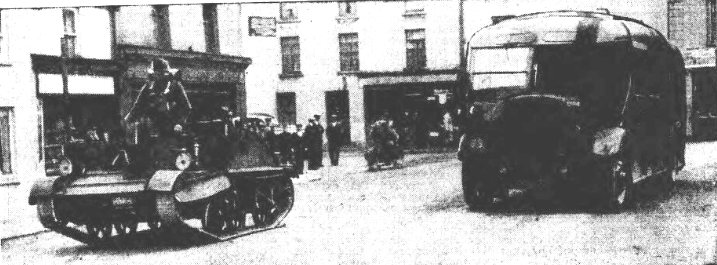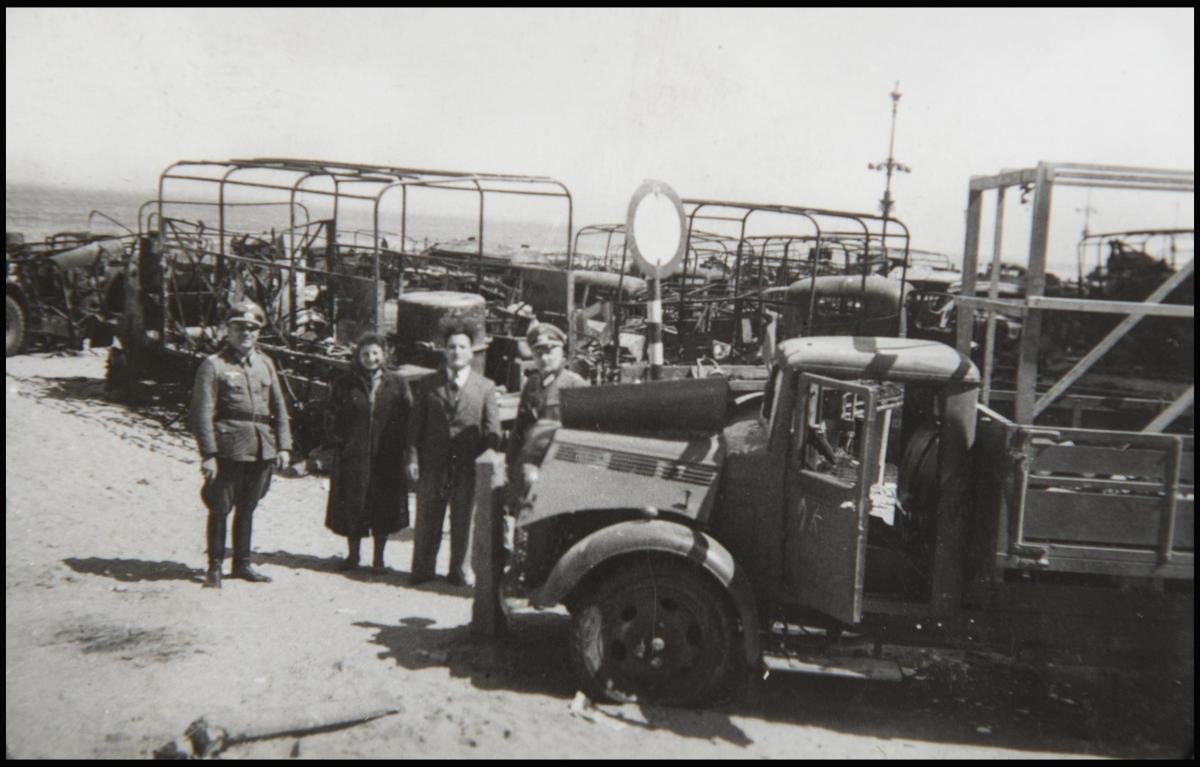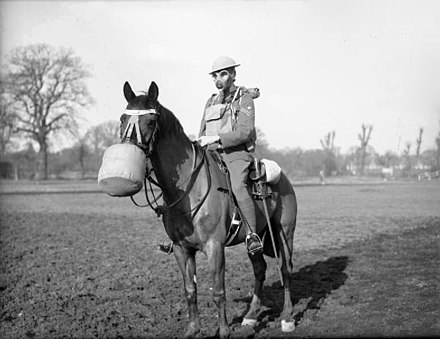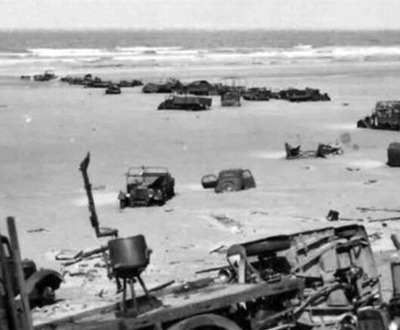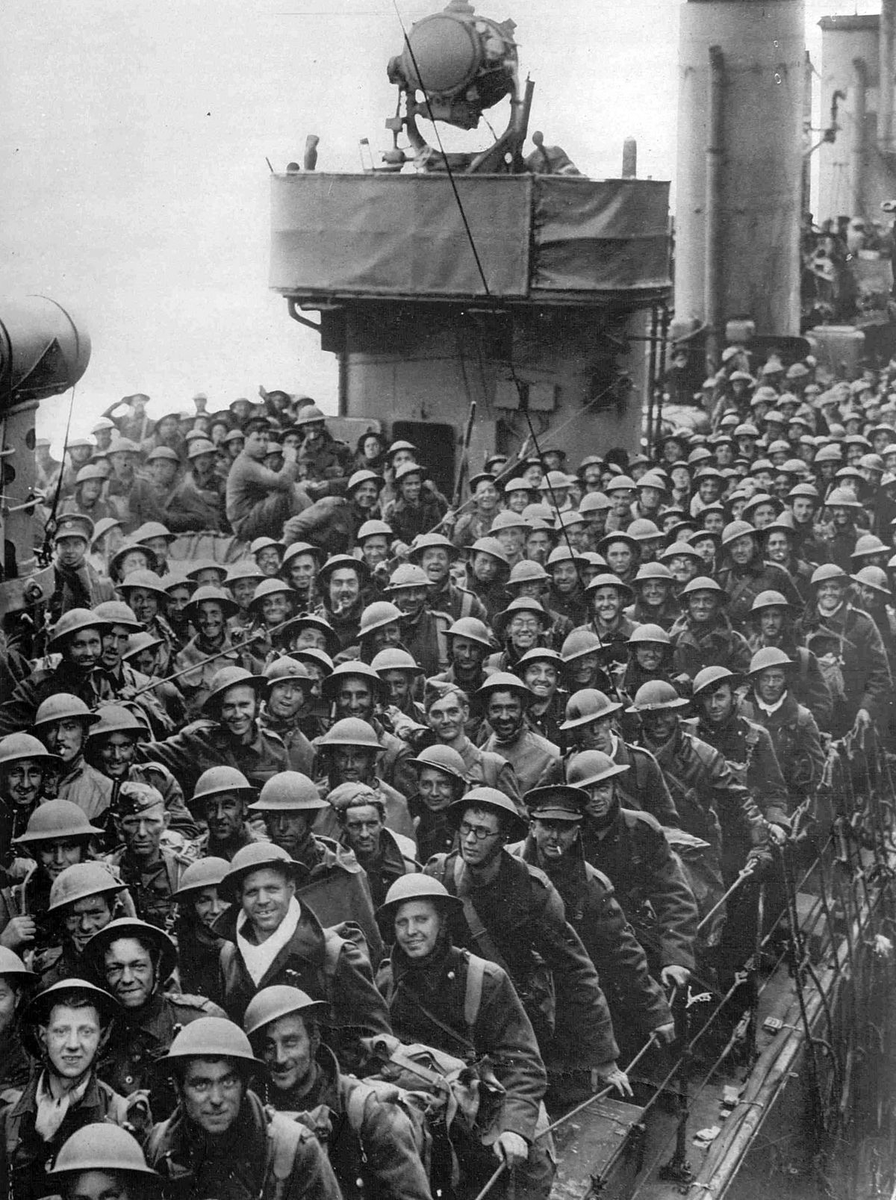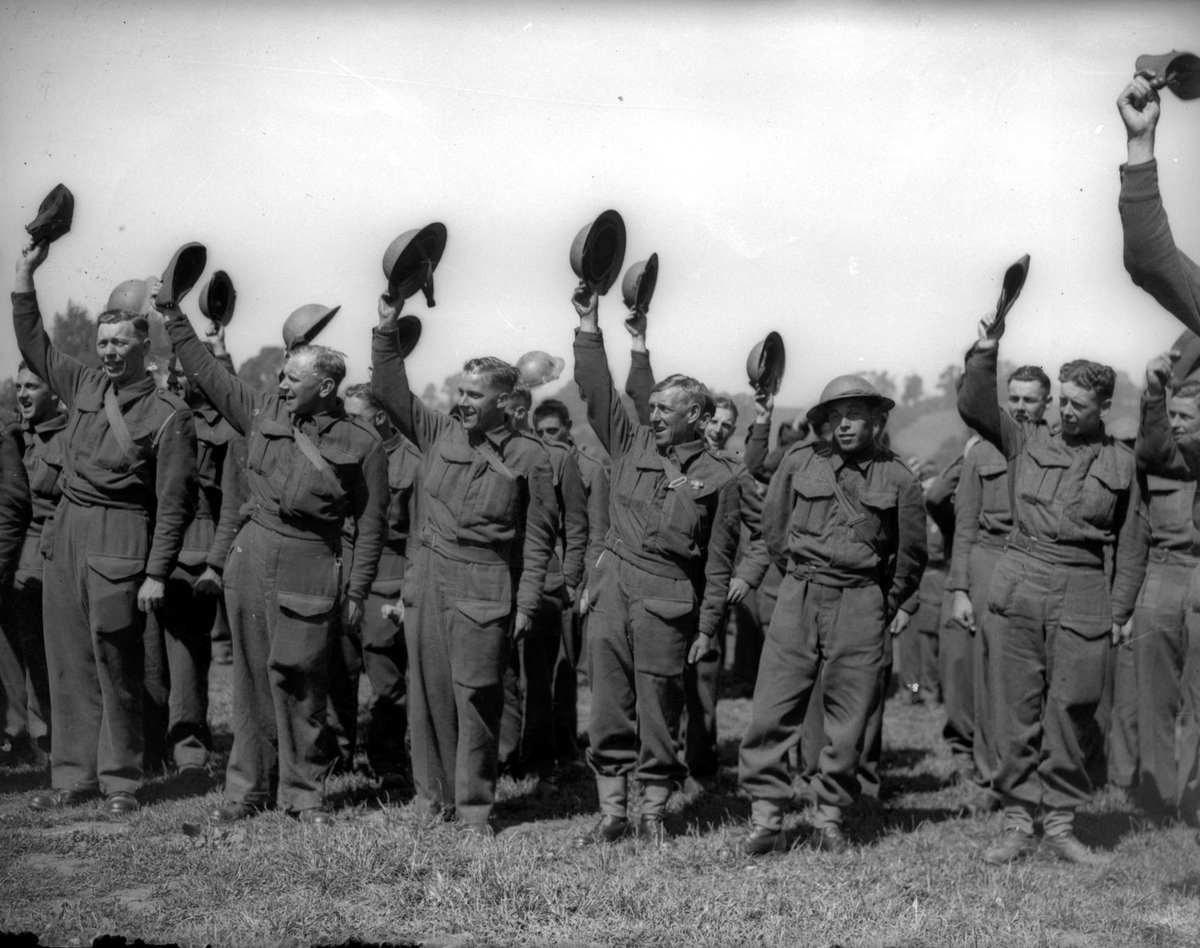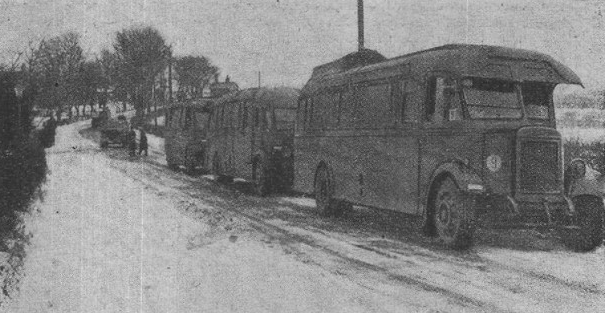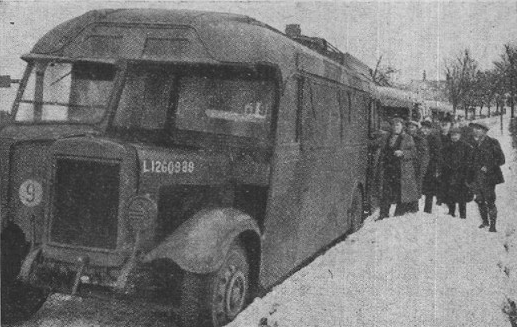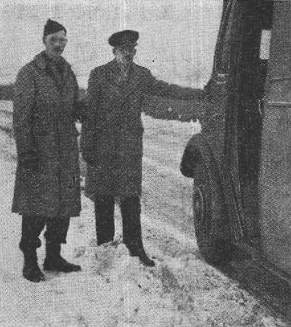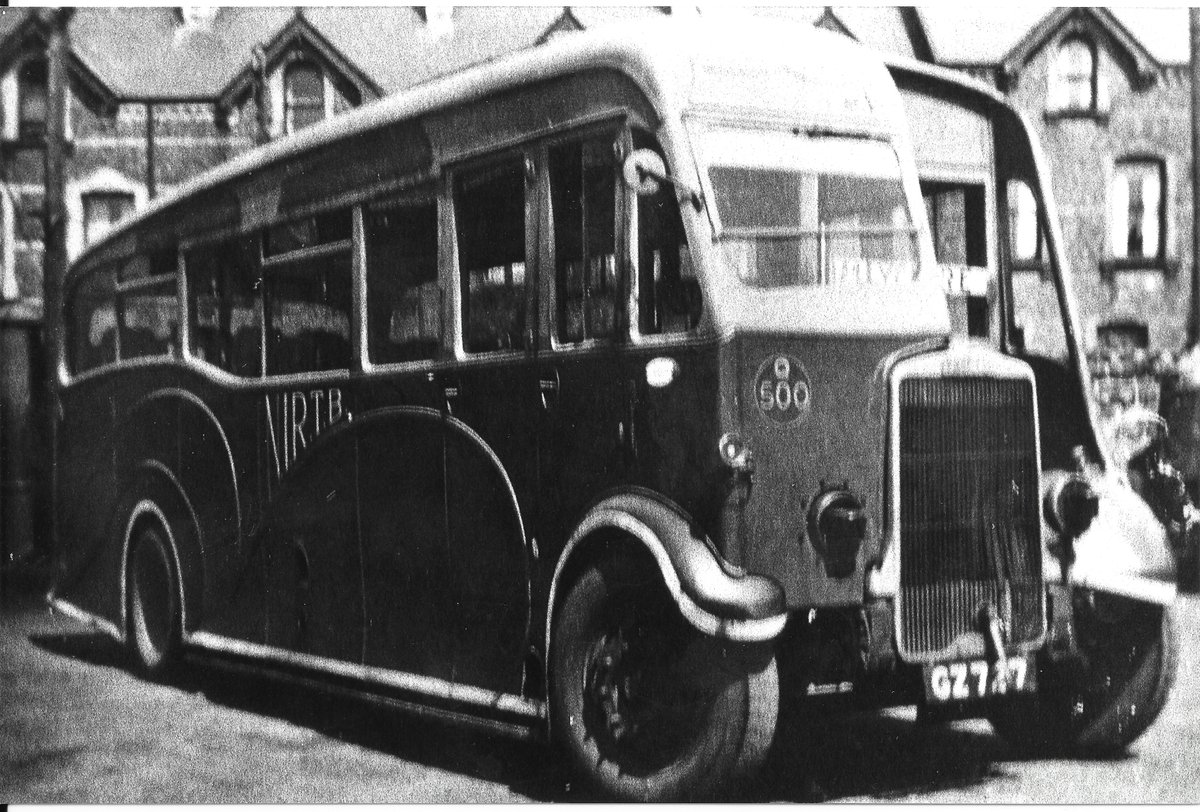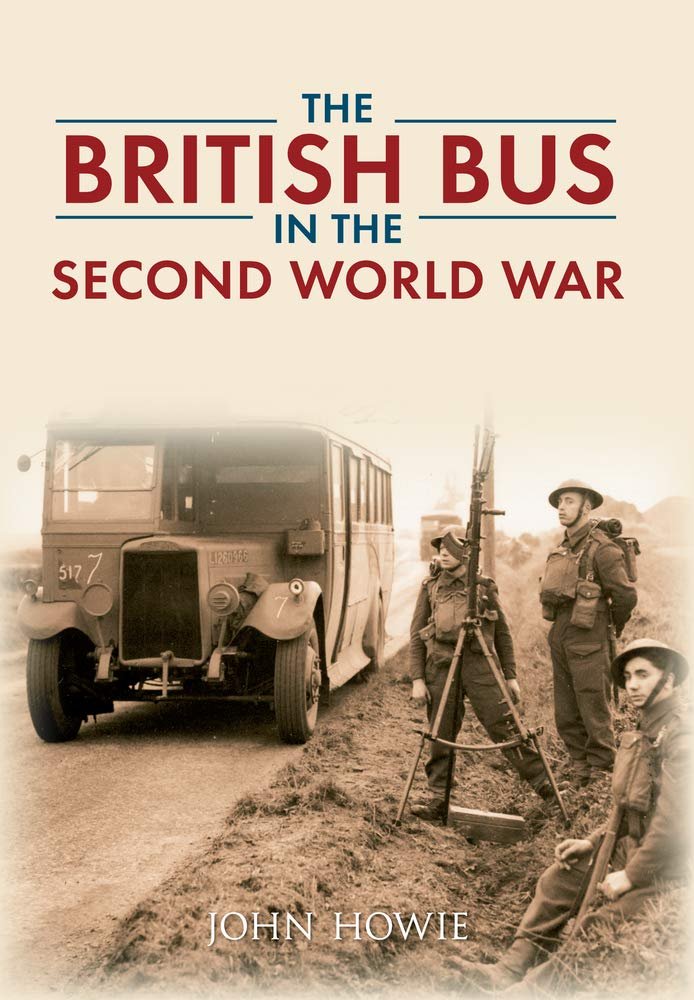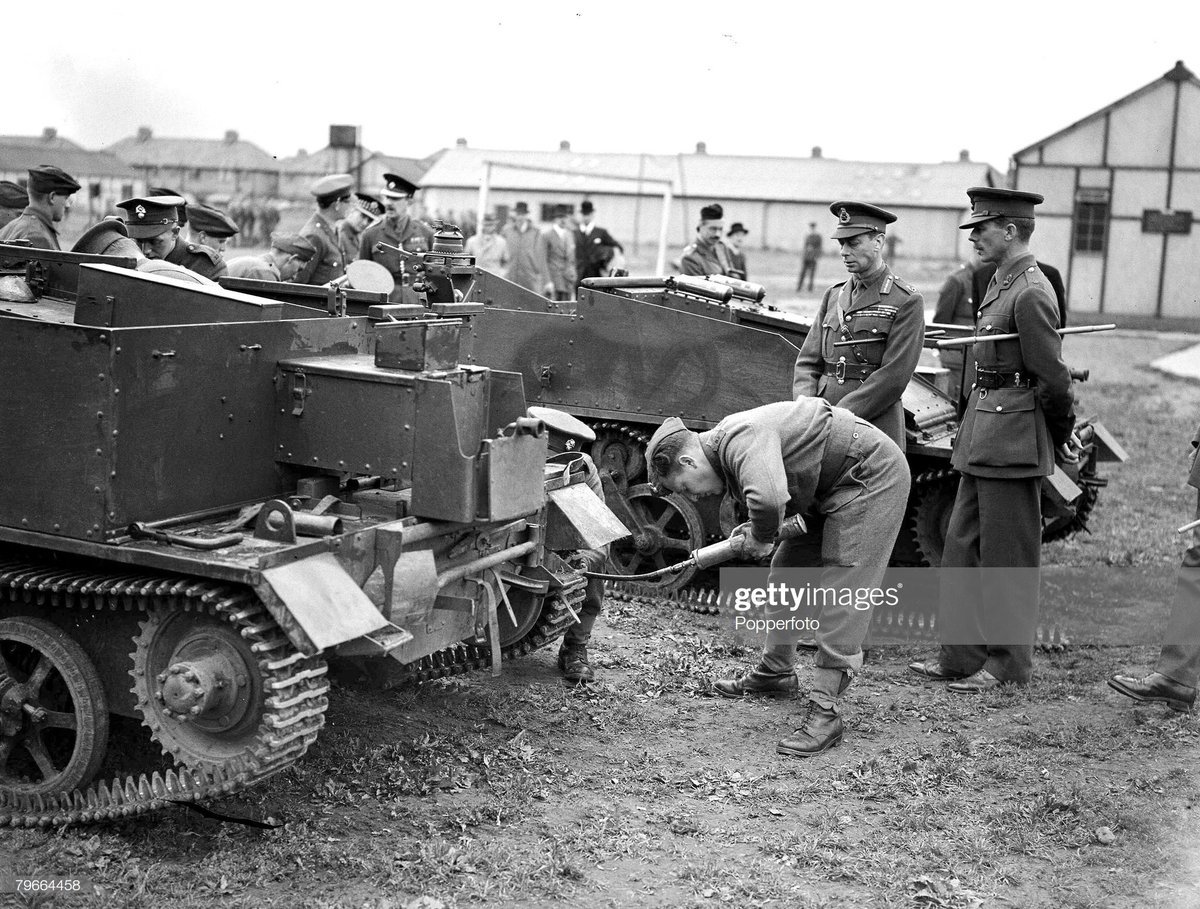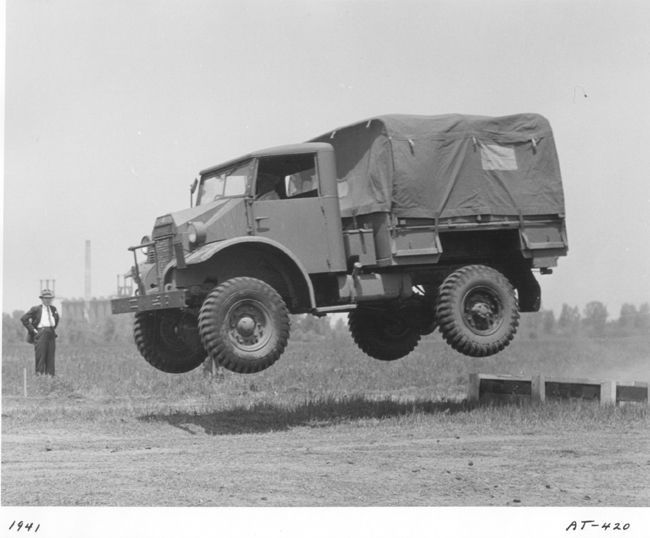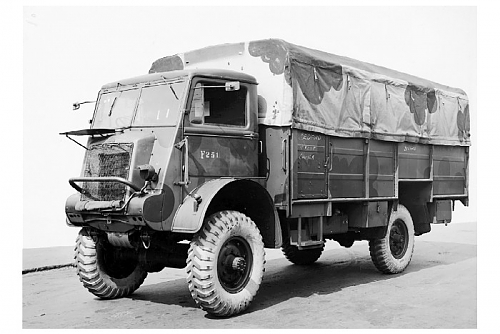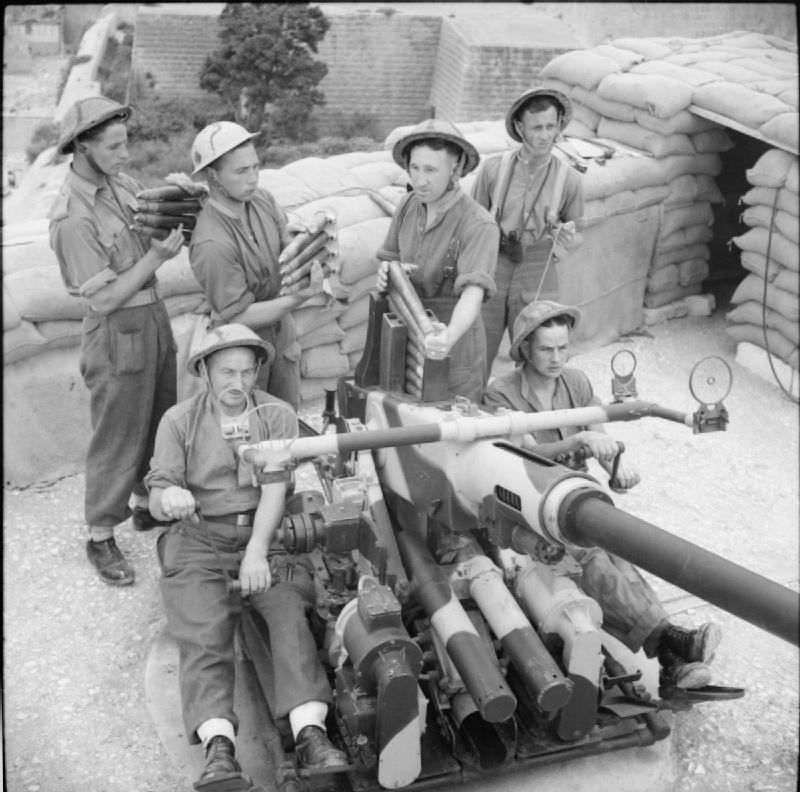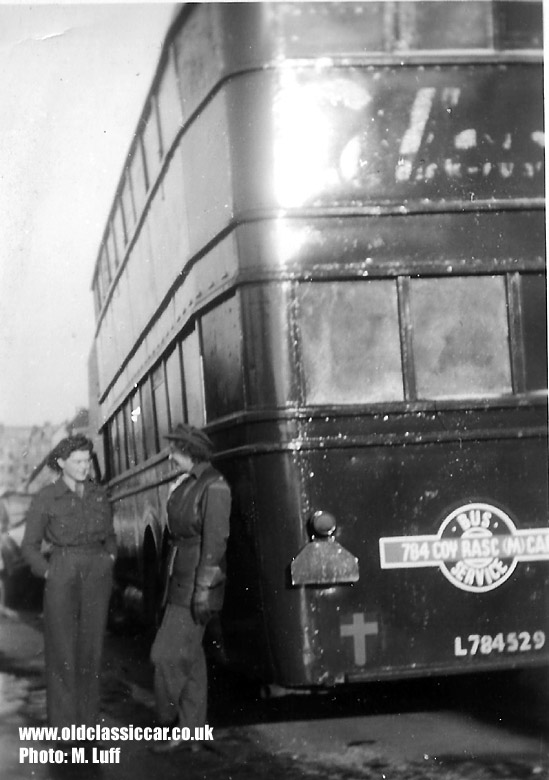BRITISH COMBAT BUSSES IN WW2?
What?
Seriously?
This must be pure hyperniche clickbait.
I ASSURE YOU IT IS NOT. /1
#WW2 #SWW #History
What?
Seriously?
This must be pure hyperniche clickbait.
I ASSURE YOU IT IS NOT. /1
#WW2 #SWW #History
After Dunkirk, Britain's Home Forces were gripped by oh so many crises.
I mean seriously, the entire shebang was a complete and utter basket case.
It was clear that mobility was needed but many formations relied on requisitioned civilian transport, which tended to be rotten. /2
I mean seriously, the entire shebang was a complete and utter basket case.
It was clear that mobility was needed but many formations relied on requisitioned civilian transport, which tended to be rotten. /2
Some of our div cavalry regiments were still horsed, and there was no guarantees that we could reliably move battalions from town to town - let alone redeploy across the country in the event of an invasion.
Once more, necessity proved the mother of invention.
*gen horse pic* /3
Once more, necessity proved the mother of invention.
*gen horse pic* /3
Many strange reactionary units formed that summer, whether anti-tank companies without anti-tank guns or infantry battalions without rifles...
So much MT was lost in France.
Critical transport shortages choked the army.
There was no time for industry to immediately step up. /4
So much MT was lost in France.
Critical transport shortages choked the army.
There was no time for industry to immediately step up. /4
Having escaped France units that arrived back in Britain discovered that owing to catastrophic MT losses, there was no way to replace these vehicles.
So reforming divisions were reduced to being almost completely static formations. /5
So reforming divisions were reduced to being almost completely static formations. /5
Many Home Defence formations relied on Composite Companies, offering maybe a fifth of required capacity, even then juggling movement of troops, POL, supplies or ammunition.
God forbid more than one at once. /6
God forbid more than one at once. /6
Since mobility and aggression would be needed to defeat any invasion force it was clear that in a rapid war of movement, such a static defensive force would be hamstrung.
To grant some mobility, Motor Coach Companies were swiftly formed in July (or so) 1940. /7
To grant some mobility, Motor Coach Companies were swiftly formed in July (or so) 1940. /7
As you might guess these salubrious units were equipped with quickly modified civilian busses.
Window panes were removed and replaced with hinged boards or thick canvas blinds to allow quick debussing.
Some even had sliding roofs fitted and machine guns for air defence. /8
Window panes were removed and replaced with hinged boards or thick canvas blinds to allow quick debussing.
Some even had sliding roofs fitted and machine guns for air defence. /8
Major-General Bernard 'Monty' Montgomery was a very early proponent requisitioning enough London busses for 3rd Division.
Any reliable form of mobility was seen as an essential aid to commanders attempt to impart their will on the enemy, and cast any invader into the sea. /9
Any reliable form of mobility was seen as an essential aid to commanders attempt to impart their will on the enemy, and cast any invader into the sea. /9
An infantry division required three motor coach companies, one for each brigade, and most of them initially consisted of a motley, random selection from civilian operators - meaning half a dozen different manufacturers' busses could be in the same company.
A nightmare. /10
A nightmare. /10
Such busses initially came in civvie schemes, lingering until enough paint arrived.
Over time an attempt was made to restructure each Motor Coach Company to just one type of manufacturer's vehicles, and the majority bemoaned the ensuring deliveries of clapped out busses. /11
Over time an attempt was made to restructure each Motor Coach Company to just one type of manufacturer's vehicles, and the majority bemoaned the ensuring deliveries of clapped out busses. /11
Very few drivers in 1940 were passably trained, many were effectively green conscripts - many of whom had barely handled a motor vehicle before.
There was no specialist training.
At least one driver was so scared of driving his bus that he tragically took his own life. /12
There was no specialist training.
At least one driver was so scared of driving his bus that he tragically took his own life. /12
By July 1941 the invasion threat was ebbing to the point of near-irrelevance, not least as conventional transport companies were formed and filled the void.
Motor coach companies shifted back to become corps transport. /13
Motor coach companies shifted back to become corps transport. /13
By early 1942 the majority of these units were finally equipped with proper transport vehicles.
Some became Troop Carrying Companies or given new roles by the RASC, such as bulk petrol transport, and once more literal embussing was once more consigned to history.* /14
Some became Troop Carrying Companies or given new roles by the RASC, such as bulk petrol transport, and once more literal embussing was once more consigned to history.* /14
Somewhat unsurprisingly these units were rarely photographed, lacking romance of armour; raw firepower of artillery, or interest of infantrymen, and became little more than a footnote in history. /15

 Read on Twitter
Read on Twitter